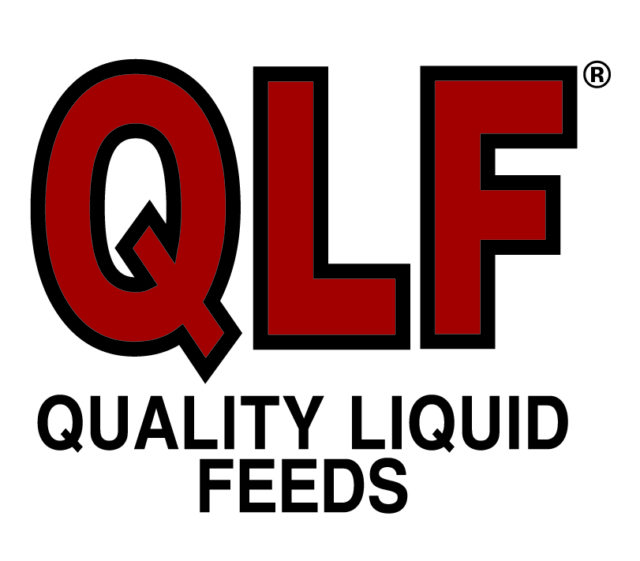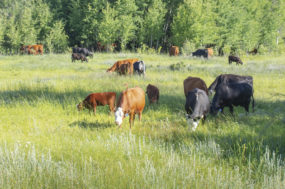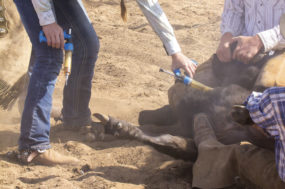In February, Russia became the latest U.S. trade partner to restrict red meat using ractopamine in traded meat. Beta agonist residues are banned in China, Russia and European Union countries.
The debate over the product doesn't exist in the U.S. alone. Australian beef industry officials are also weighing how productive the supplements can be, especially in periods of drought as that nation has been experiencing in recent years.
Meanwhile the National Cattlemen's Beef Association, in its issued statement, stands by the usage of beta agonists, but doesn't quarrel with Tyson's corporate decision - citing it is a decision made in its best interest.
“Cattlemen and women believe in the right of farmers and ranchers to responsibly use FDA-approved technologies,” NCBA Chief Executive Office Forrest Roberts said. “We also believe in Tyson’s right to make individual company decisions that they feel are in the best interest of their business. We do not have all the details regarding the animal welfare concerns cited by Tyson in the letter to their cattle suppliers. However, we take every report of animal welfare issues very seriously.
“We have expended significant resources to address questions about the use of beta-agonists relative to animal welfare concerns. We convened experts across the beef supply chain who have conducted extensive research on beta-agonists and engaged cattle feeding and animal health experts who have many years of experience using these products. We will continue these efforts until we have solid answers to these questions. In the meantime, we believe these products can be used responsibly when managed properly.” ![]()







